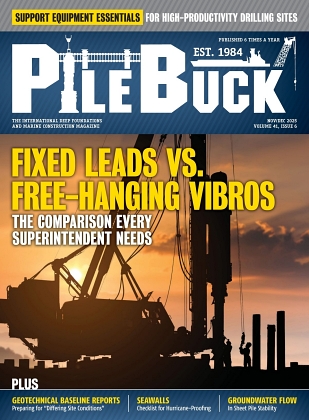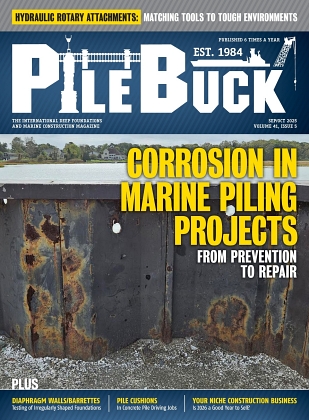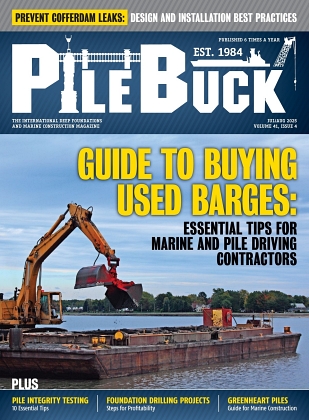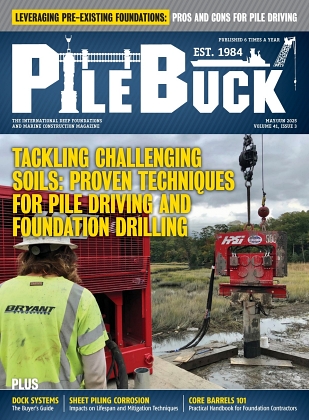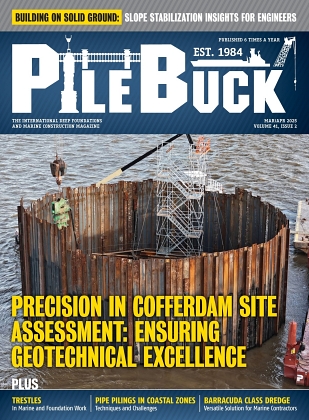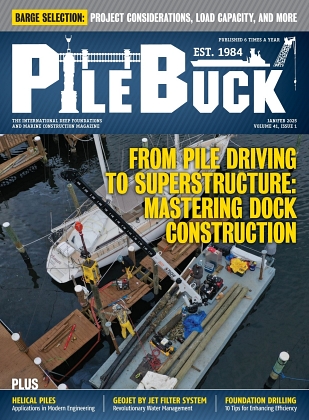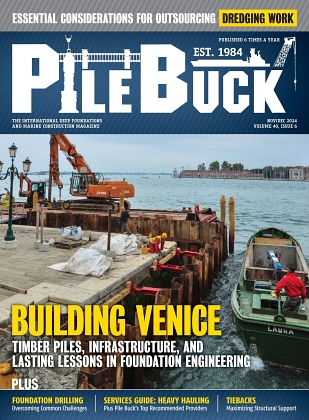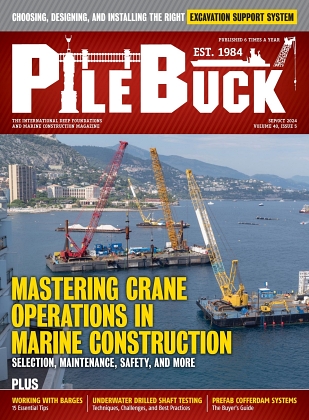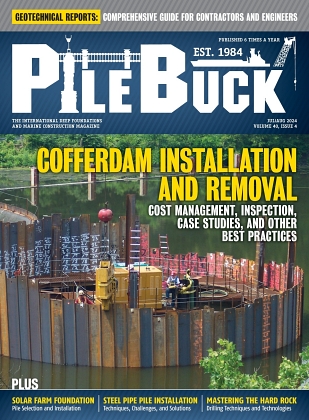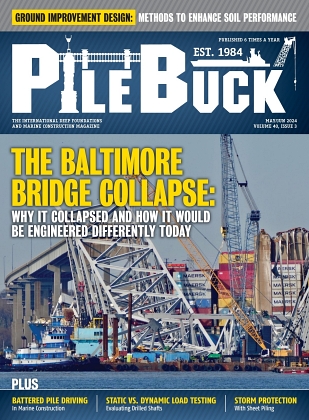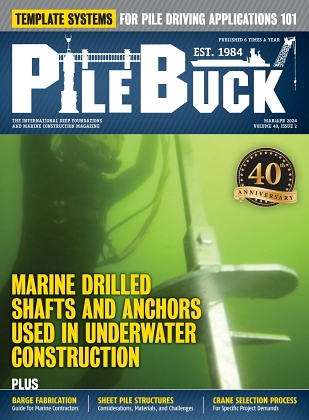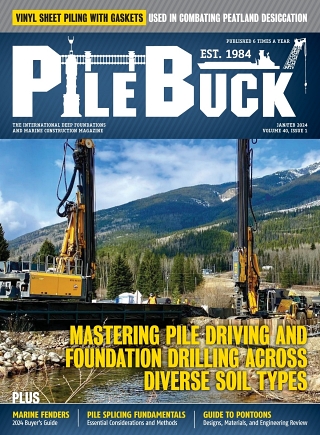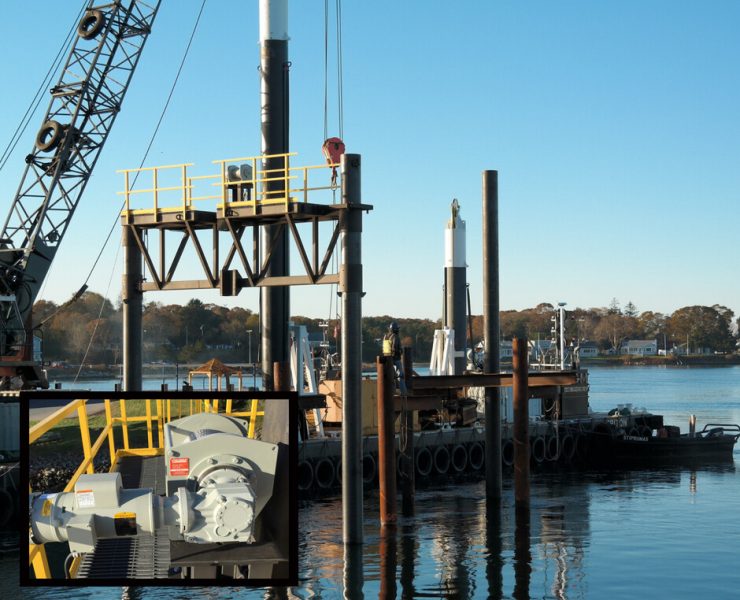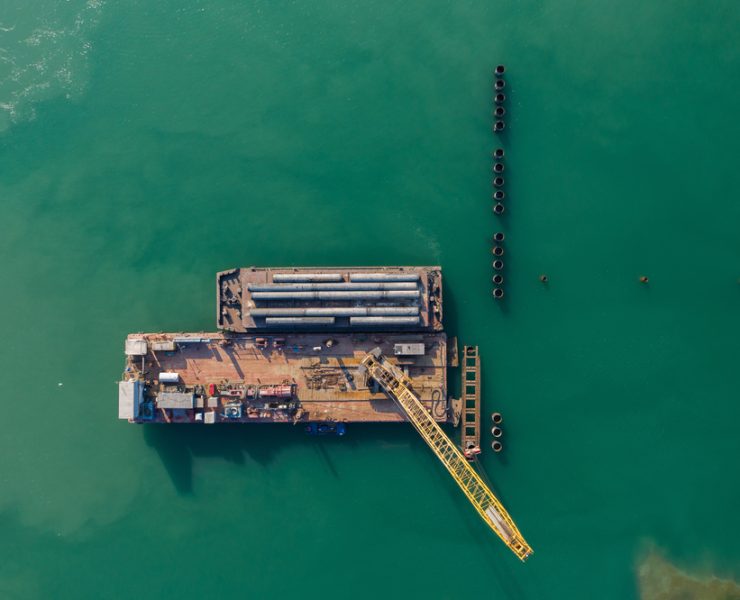8 Crucial Tips for Navigating Barge Regulations in Marine Construction


View the complete article here.
Navigating barge regulations in the U.S. involves compliance with agencies like the US Coast Guard (USCG), OSHA, and ABS (American Bureau of Shipping) to ensure safety, structural integrity, and environmental protection. These tips—compiled from industry standards—focus on key aspects for marine construction professionals working with barges in pile driving, drilling, and related projects.
1. Conduct regular barge inspections using the USCG’s Barge Inspection Book as a guide—documenting hull integrity, deck conditions, and equipment to meet annual survey mandates.
2. Select barges based on project-specific regulations—considering stability, transportation logistics, and environmental factors to align with USCG stability requirements.
3. Familiarize yourself with USCG Subchapter M requirements for towing vessels and barges, including mandatory inspections and crew training certifications to avoid penalties during operations.
4. Adhere to OSHA’s Deck Barge Safety guidelines by securing all deck cargo, providing fall protection for work over water (e.g., guardrails at 6+ feet), and establishing evacuation protocols for emergencies.
5. Ensure compliance with ABS Rules for Building and Classing Steel Barges, focusing on structural design like truss systems and load capacities—especially for customized barges in heavy-duty marine projects.
6. Post inspection reports publicly on board and train crews on machinery hazards, as required by OSHA, to mitigate risks from equipment on deck barges and maintain a safe workplace.
7. Implement barge access safety measures, such as secure docking and risk assessments, to comply with general marine safety standards and prevent accidents during loading/unloading.
8. Develop pollution prevention plans per EPA and USCG guidelines, including spill response kits and waste management protocols, to minimize environmental impact in marine operations.
On a final note, always consult legal experts or USCG representatives for site-specific advice to stay updated on evolving regulations.
View the complete article here.
What regulations must marine construction barges comply with?
Barges must meet USCG, OSHA, ABS, and EPA standards for safety, structure, and environmental protection.
How can crews stay safe while working on barges?
Follow OSHA deck safety guidelines, secure cargo, use fall protection, and train for emergency procedures.

